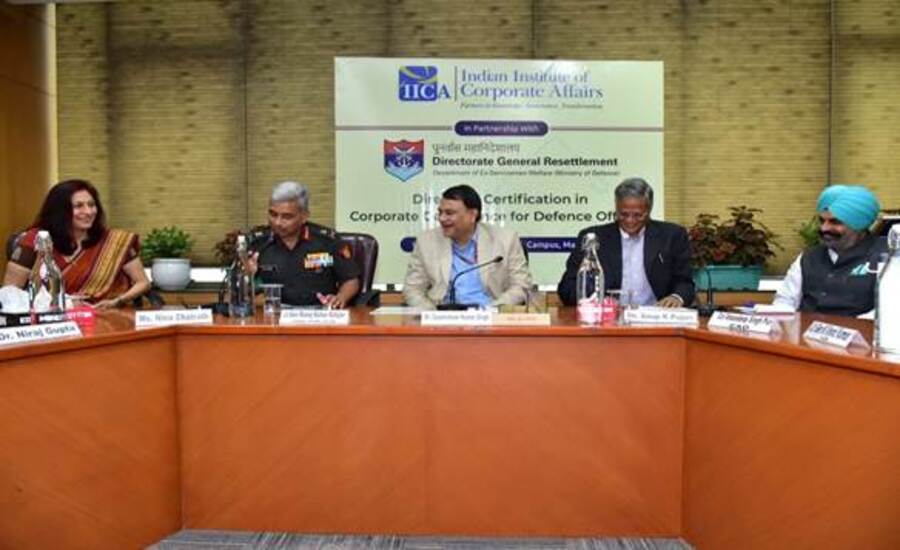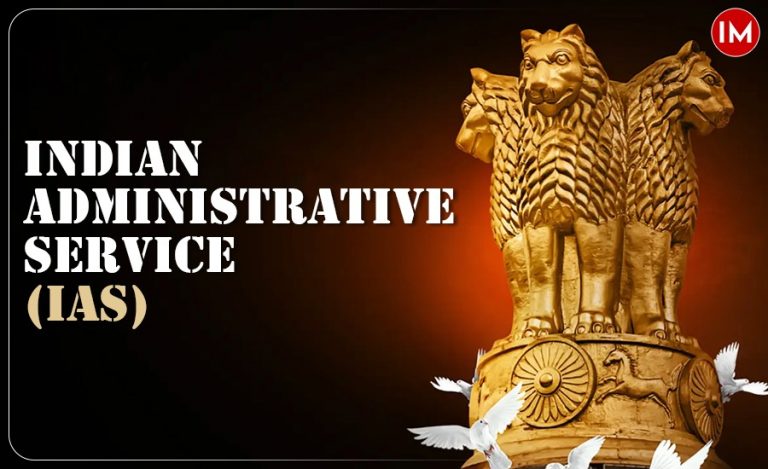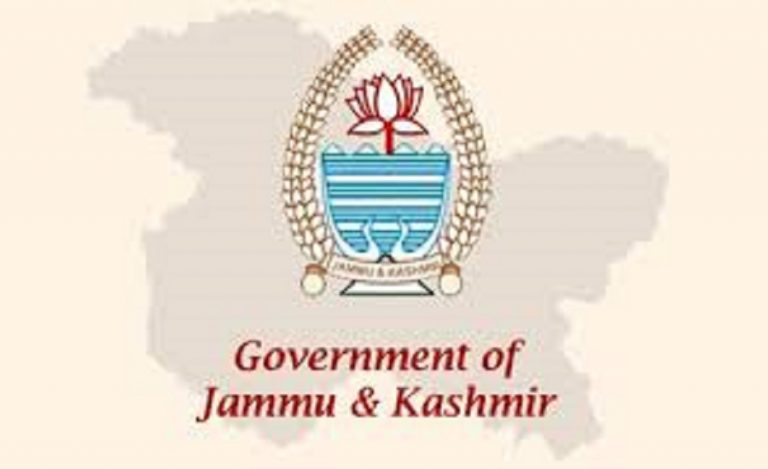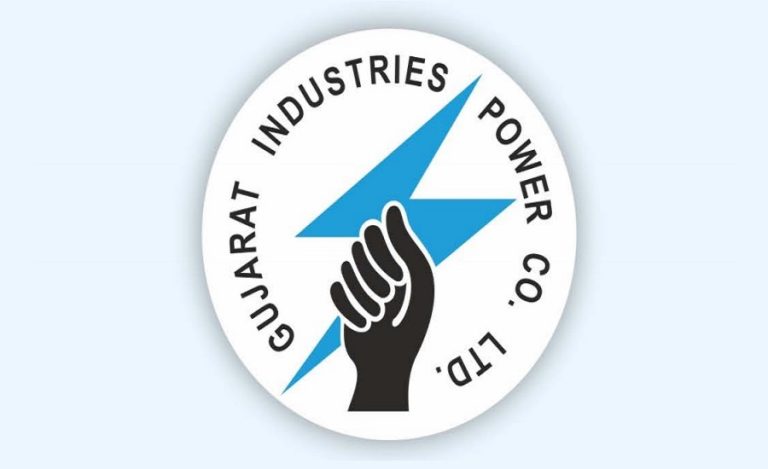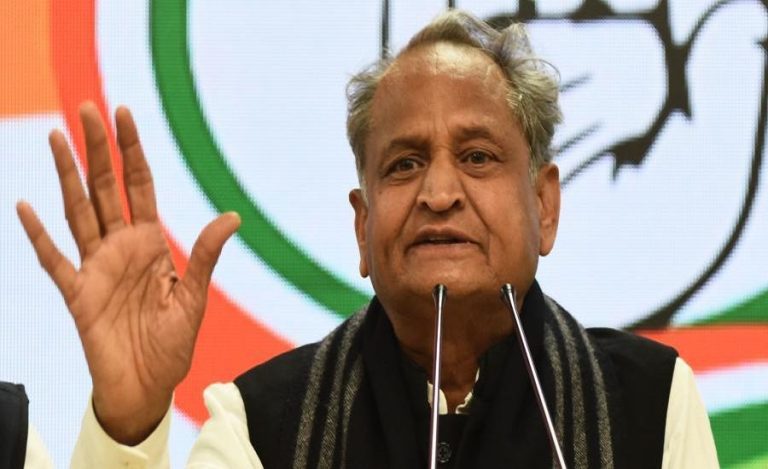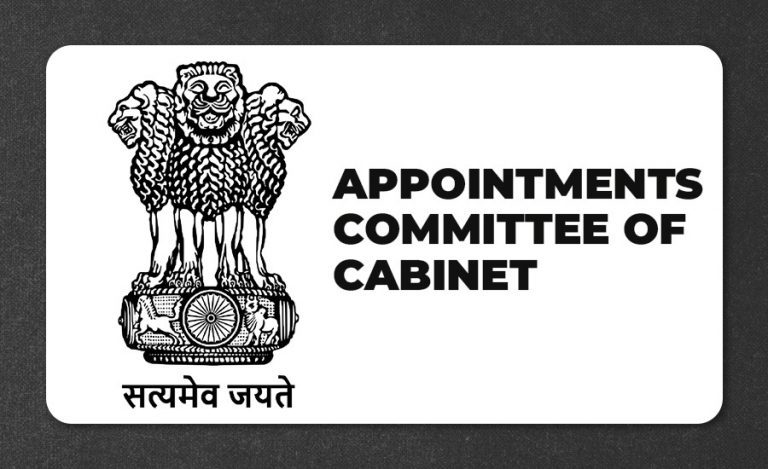New Delhi: In a groundbreaking initiative, the Indian Institute of Corporate Affairs (IICA), in collaboration with the Directorate General Resettlement (DGR) under the Ministry of Defence, inaugurated the third batch of its certification programme aimed at senior defence officers.
This innovative training bridges the gap between armed forces leadership and corporate governance, preparing officers for boardrooms in India’s evolving corporate landscape.
Background IICA DGR partnership
For decades, India’s corporate sector has witnessed increasing demands for sound governance, independent oversight and strategic leadership. Recognising that retired or serving senior defence officers bring discipline, leadership, strategy and risk-management experience, IICA and DGR launched this partnership to enable their transition into independent director roles.
Held at the IICA campus in Manesar, Gurugram, the two-week programme welcomes 30 senior officers representing all three services and a mix of serving and superannuated personnel.
About the Officer & Key Speakers
The keynote address was delivered by Shri Gyaneshwar Kumar Singh, DG & CEO of IICA, who emphasized the importance of the board as a governance instrument and encouraged corporate India to tap the strategic expertise of defence officers.

Lieutenant-General Manoj Kumar Katiyar (PVSM, UYSM, AVSM) also spoke, drawing parallels between military and corporate environments and underscoring trust and integrity as cornerstones of effective independent directorship.
Importance of the IICA DGR Partnership
This initiative is significant for several reasons:
- Bridging cultures: It forges a meaningful link between “India Inc.” and the defence services, enabling cross-sector talent transfer.
- Quality board governance: Defence officers bring unique skills — leadership under pressure, strategic planning, risk mitigation, cyber awareness — all highly relevant for boards today.
- Human capital utilisation: Superannuated or serving officers get a structured pathway into corporate governance roles, maximising their expertise for national development.
- Strengthening independence: Independent directors are key to good corporate governance; this training enhances their preparedness to serve effectively.
Challenges
While the programme is timely and needed, some challenges remain:
- Cultural transition: Moving from a hierarchical military setting to a nuanced corporate board environment requires mindset shifts.
- Skill gap: Though leadership experience is high, boardroom dynamics, regulatory frameworks, and stakeholder engagement may be less familiar to defence officers.
- Fit and relevance: Not all officers will have direct business or board experience, meaning the selection and training must be rigorous to ensure fit-for-purpose placement.
- Corporate acceptance: Some private sector entities may still default to traditional business-centric profiles for board membership, potentially slowing adoption of defence-to-board pipelines.
Implications
The launch of this programme has wide-ranging implications:
- For defence officers, it opens new post-military career pathways in governance and corporate boards.
- For corporate India, it presents an untapped talent pool with a governance-first mindset, especially valuable in sectors involving strategy, security, and compliance.
- For national governance, it strengthens the linkage between institutional leadership and corporate governance, advancing the country’s business ecosystem.
Way Forward
To maximise impact, the following steps are recommended:
- Expand outreach: Promote the programme broadly across services, and increase the batch size to include more officers from diverse units.
- Tailored modules: Offer specialisation tracks for corporate sectors like IT/cyber, infrastructure, defence-industry firms, public sector boards, etc.
- Post-training support: Provide mentorship, networking with executive search firms, and placement support to transition officers into board roles.
- Corporate buy-in: Organise industry-corporate linkage forums to showcase the value defence officers bring to boards, thereby encouraging more companies to open seats.
- Continuous feedback & iteration: Monitor trainee outcomes, track placements and refine curriculum based on board and participant feedback to enhance effectiveness.

